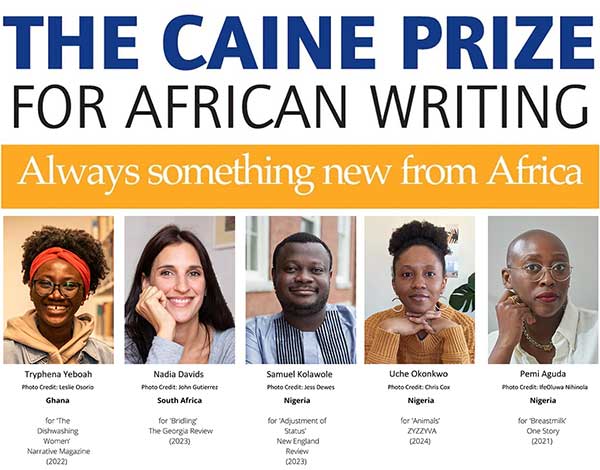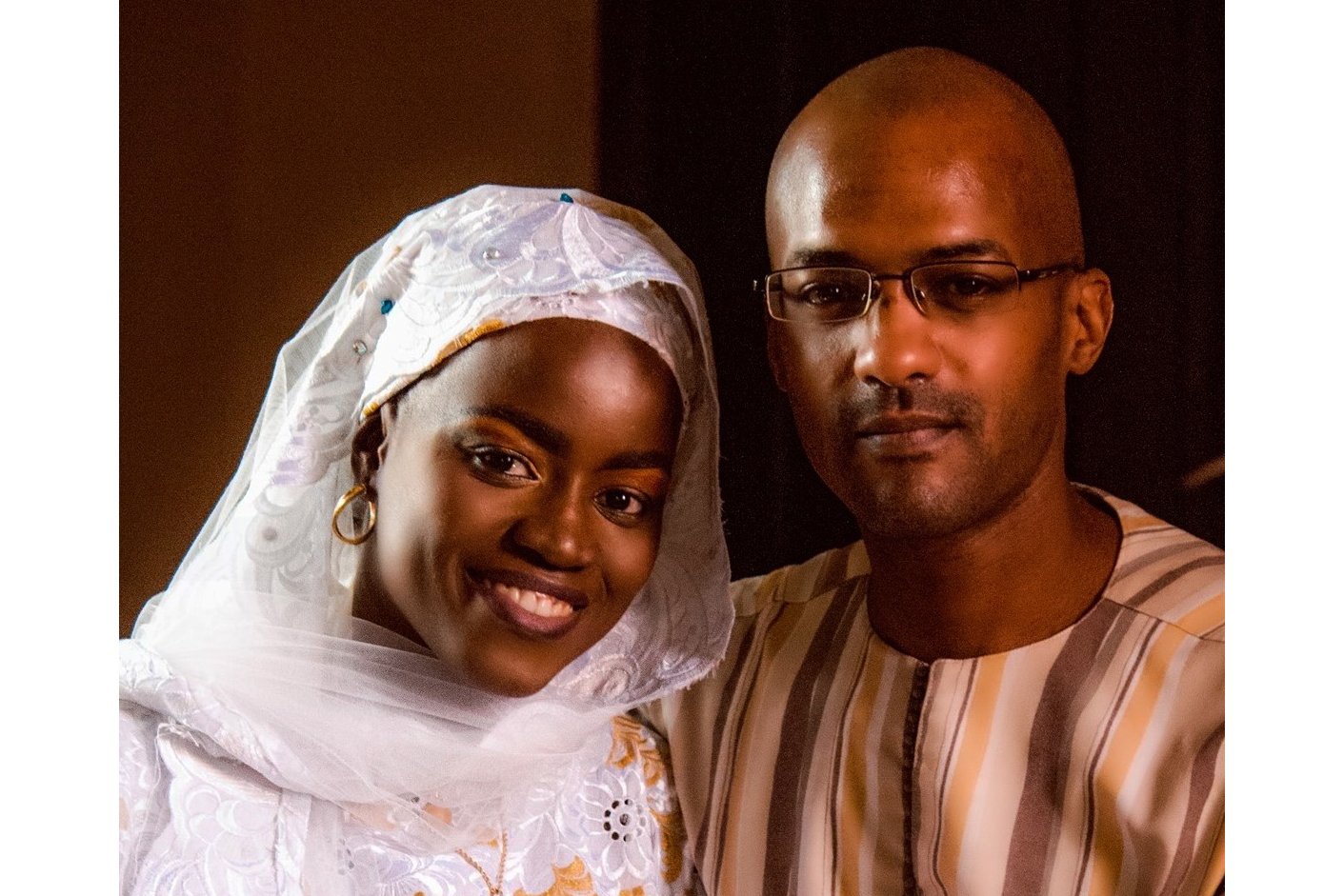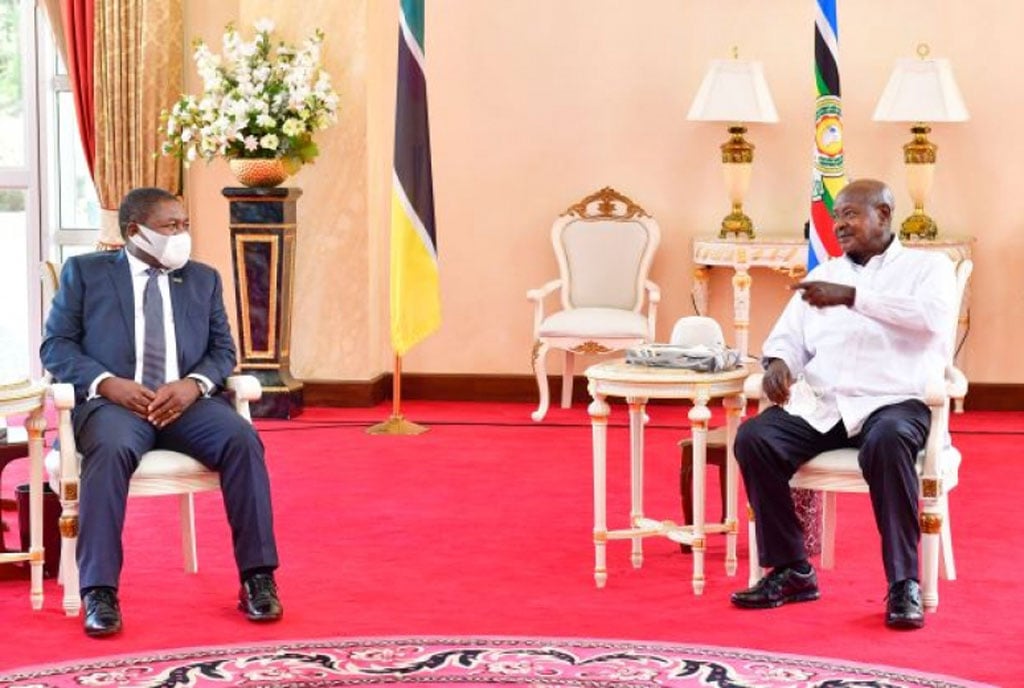Prime
Nigerians dominate Caine Prize shortlist

Caine Prize shortlist 2024. The winner will be announced on September 17, via a pre-recorded address. PHOTO/COURTESY PRIZE WEBSITE
What you need to know:
- This year’s submissions encompassed a diverse range of talent from 28 different countries, including South Africa, Kenya, Zambia, Nigeria, Rwanda, Zimbabwe, Lesotho, Sierra Leone, Somalia, Tanzania, Ghana, Uganda, Ethiopia, Namibia, Morocco, Gambia, Senegal, Eritrea, Malawi, Liberia, Botswana, Equatorial Guinea, South Sudan, Mauritius, Ethiopia, Libya, Algeria and Cameroon.
Nigerian authors have dominated the shortlist of the 2024 Caine Prize for African Writing, an esteemed annual award honouring outstanding African writers. The five shortlisted stories were carefully selected from a pool of 320 entries originating from 28 African countries.
The shortlisted writers for the 2024 edition are Tryphena Yeboah (Ghana) for The Dishwashing Women, Narrative Magazine (Fall 2022); Nadia Davids (South Africa) for Bridling, The Georgia Review (2023); Samuel Kolawole (Nigeria) for Adjustment of Status, New England Review, Vol 44, #3 (Summer 2023); Uche Okonkwo (Nigeria) for Animals, ZYZZYVA (2024); and Pemi Aguda (Nigeria) for Breastmilk, One Story, Issue #227 (2021).
The Cane Prize
The Caine Prize for African Writing celebrates the richness and diversity of African literature, and recognises outstanding achievements in African storytelling.
This year’s submissions encompassed a diverse range of talent from 28 different countries, including South Africa, Kenya, Zambia, Nigeria, Rwanda, Zimbabwe, Lesotho, Sierra Leone, Somalia, Tanzania, Ghana, Uganda, Ethiopia, Namibia, Morocco, Gambia, Senegal, Eritrea, Malawi, Liberia, Botswana, Equatorial Guinea, South Sudan, Mauritius, Ethiopia, Libya, Algeria and Cameroon.
“I am deeply honoured to be among the shortlisted writers and elated to have my work read and celebrated this way. I’ve followed the Caine Prize for years and it’s surreal to know that The Dishwashing Women is in the company of remarkable stories by African writers,” Yeboah said.
Davids said Bridling “brings together my two forms of expression—writing and theatre—and my own preoccupations—creativity, women, resistance, history—so it feels particularly special that this story is listed.”
Aguda, who disclosed that she has “read and discussed the Caine Prize stories with my friends for well over a decade”, expressed her delight at making the shortlist. As did Okonkwo who thanked “the Caine Prize for the incredible work you do platforming African writers and their stories.”
Kolawole said: “It’s a great honour to be on this shortlist, and it feels especially good to be recognised for a form that I love so much. I congratulate my fellow shortlistees.”
Chika Unigwe, the chairperson of the judges, described the judging process that led up to the birthing of the shortlist as “both challenging and rewarding” after reading nearly 200 eligible stories.
“Our discussions were passionate, and when we reached our (unofficial) longlist, we wished we could have included every story,” Unigwe said, adding: “Our consolation is knowing that these works are out in the world, being read, recognised with other prizes, and receiving the attention they deserve.”
Unigwe said the shortlist, taken together with the honourable mention of Zimbabwe’s Yvette Ndlovu, spans an impressive four countries and includes writers at various stages of their promising careers.
“These stories, ranging from speculative to realistic, cover diverse subject matters but share a common thread: they are compelling, universal human stories. They offer insights into our societies, governments, cultures, and the broader world, ultimately posing the fundamental question that all great art asks: How do we navigate life? They explore this question with empathy, thoughtfulness, humour, and prose that is both sublime and accessible,” the chairperson of the judges said.
Proud publishers
Tom Jenks, the editor of Narrative Magazine, said: “Yeboah traverses a previously unexplored land of tribal prejudices and taboos in her native Ghana and honours the personal and historical grief of immigrant families, the generational scars of racism, the joys and complexities of familial love, and the abiding belief that literature can carry us across troubled waters—toward recognition of our shared humanity.”
Gerald Maa, the editor and director of The Georgia Review, said it was an honour to be shortlisted for such a coveted prize. Carolyn Kuebler, the editor of New England Review, publisher of Adjustment of Status, said “Kolawole’s story of a Nigerian man’s gruelling work in an American morgue reveals the human cost of illegal immigration and the deceptive allure of the West.” It’s, she added, “both potent and understated as it chronicles this man’s deep loneliness and unbearable shame.”
John McMurtrie, a senior editor at ZYZZYVA, said he was excited about the first Caine shortlisted story for the journal.
“We at ZYZZYVA are thrilled that Uche Okonkwo’s story, Animals, has been shortlisted for this year's Caine Prize for African Writing. Uche’s writing beautifully captures the rhythms of daily life. She does so with gentle humour and understated grace. We couldn’t be more proud of Uche. And we're proud to help celebrate her talents, sharing a distinct African voice with a broader readership.”
Will Allison, a contributing editor at One Story, remarked: “I was drawn to Breastmilk by the raw honesty of the voice and by the story’s vivid rendering of the early days of parenthood. The protagonists’ fear is one that all parents will recognise—the fear of failing one’s child. It’s a fraught, heart-wrenching situation that Pemi Aguda explores with tremendous depth of feeling in pitch-perfect prose.”




